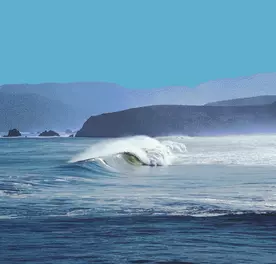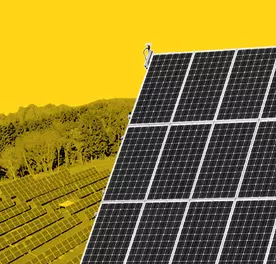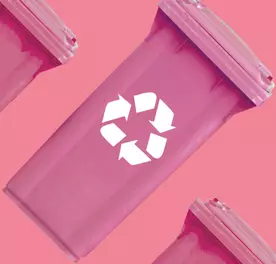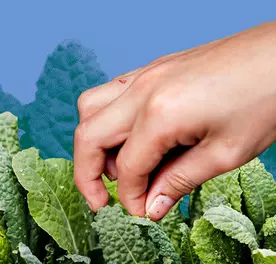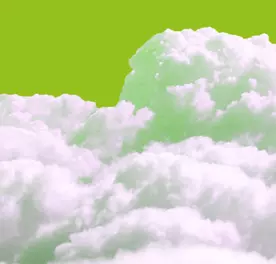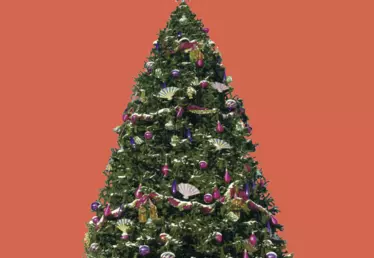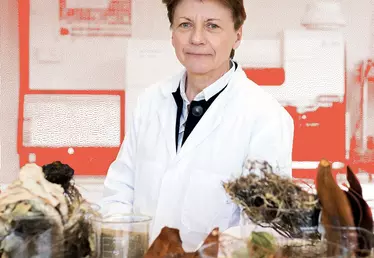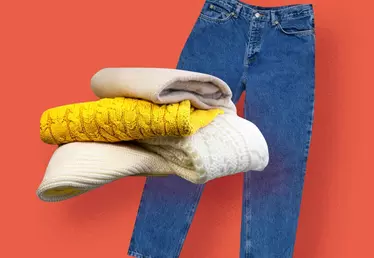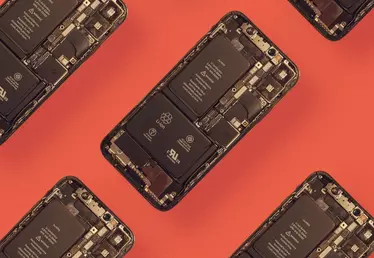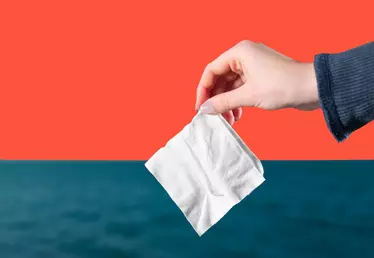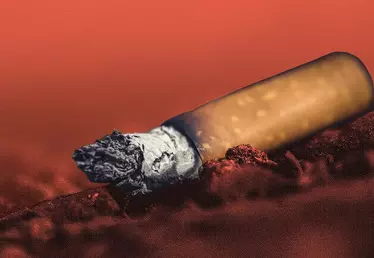
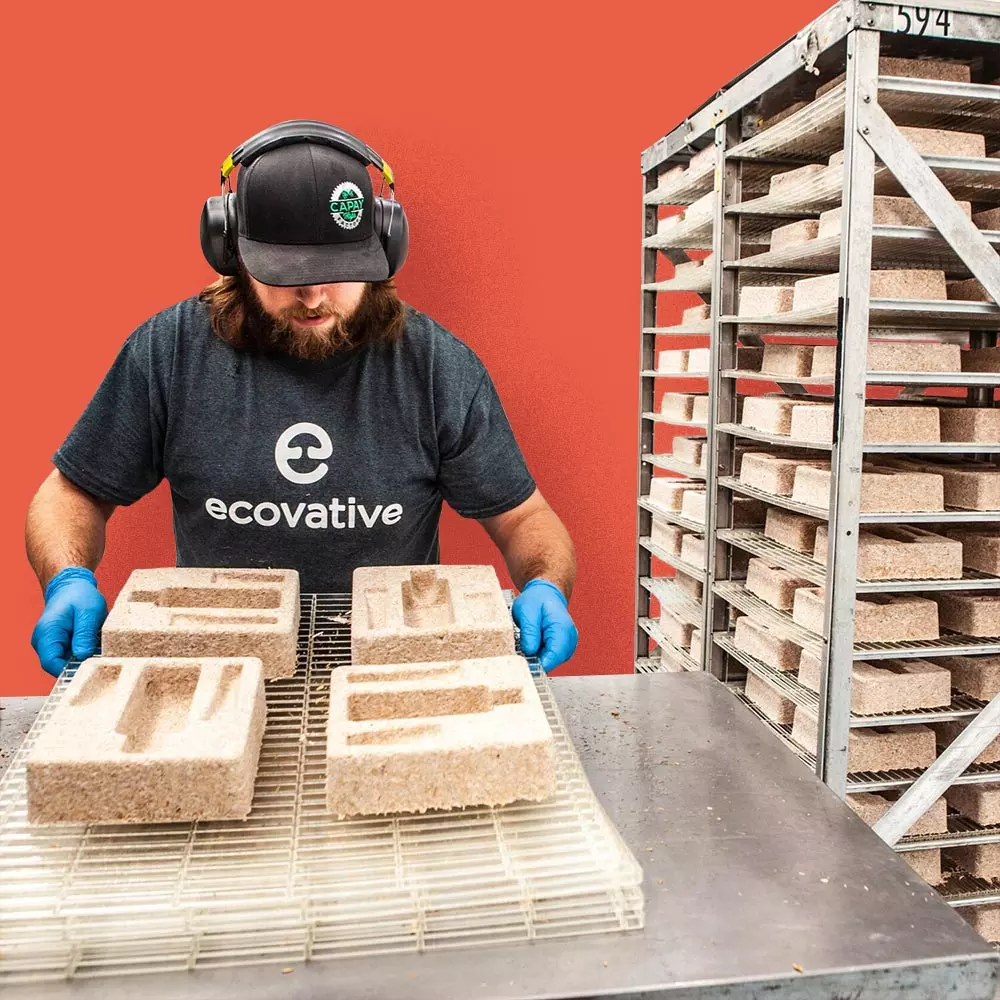
Hero banner custom title
Could we use mushrooms to replace plastic packaging?
3 min
Expanded polystyrene (EPS), which is made from petroleum- and other chemical products, takes 1,000 years to degrade spontaneously in nature. Notably used as shock-protecting packaging, tons of discarded EPS can – like other plastics – can be found across the seven seas. All of which explains the growing interest in a British entrepreneurial initiative aimed at using the power of mushrooms to provide an organic alternative to plastic packaging.
In the words of its COO Robert Allen, what the UK’s Magical Mushroom Company “offers [is] a completely natural alternative to polystyrene and other polymers currently being produced from fossil fuels on an industrial scale, irrespective of size or shape”.
The goal here is to manufacture a material that has similar properties to plastic but which does not harm Planet Earth. Applying a technology patented by a US company called Ecovative Design, Magical Mushroom has demonstrated that by combining agricultural waste (hemp) with mycelium it becomes possible to replace both EPS and polyethylene foams with a material that is 100% biodegradable material . As Allen notes, “Fungi’s vegetative tissue, characterized by its root-like structure, can grow exponentially provided sufficient nutrients are available and the environmental conditions are adequate”. During the production process - which takes about six days - mycelium is inserted into a mold together with hemp and left there to grow. The final product is a solid material that is both water- and fire-resistant - properties due to the presence of “chitin”, which Allen describes as “a natural glue produced by mushrooms”.
The lion’s share of Magical Mushroom’s output involves protective packaging. Having said that, mycelium-based plastic also allows the company to meet several other sectors’ needs, starting with insulation, furniture production, horticulture and architecture.
The big picture
Magical Mushroom, which is not the only company to bet on mycelium, intends to develop its activity to reach an industrial scale – facilitated by the fact that this is one ecological alternative whose production costs are comparable to non-renewable packaging. According to Allen, “We have been able to cut costs by optimizing our materials’ production process. Indeed, the return cost for the kind of packaging that we make is really advantageous, all the more so because the materials we use and produce are exempt from potential taxes on plastic”. The company is now looking to improve its upstream operations by creating “the world's first mycelium-based raw materials factory” capable of manufacturing the inputs consumed by its current three plants.
Allen hopes that eco-responsible technology of this sort will one day replace materials derived from fossil fuels.
“With large industrial manufacturers such as BA Components and Castrads starting to replace polystyrene packaging with a mushroom-based alternative, we are already witnessing a shift towards sustainable organic packaging”.
